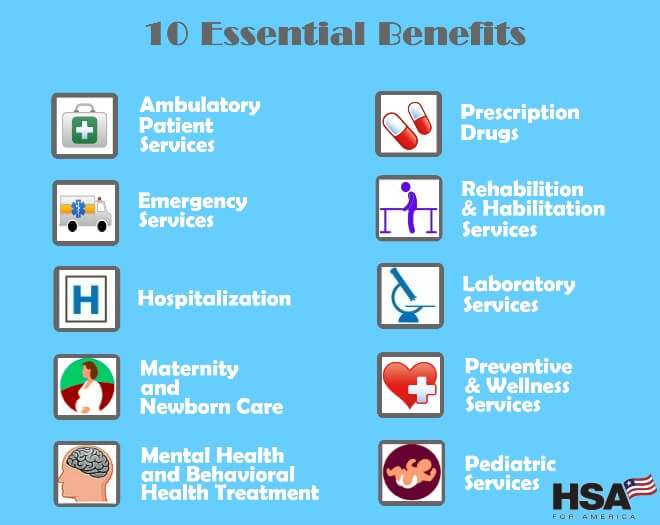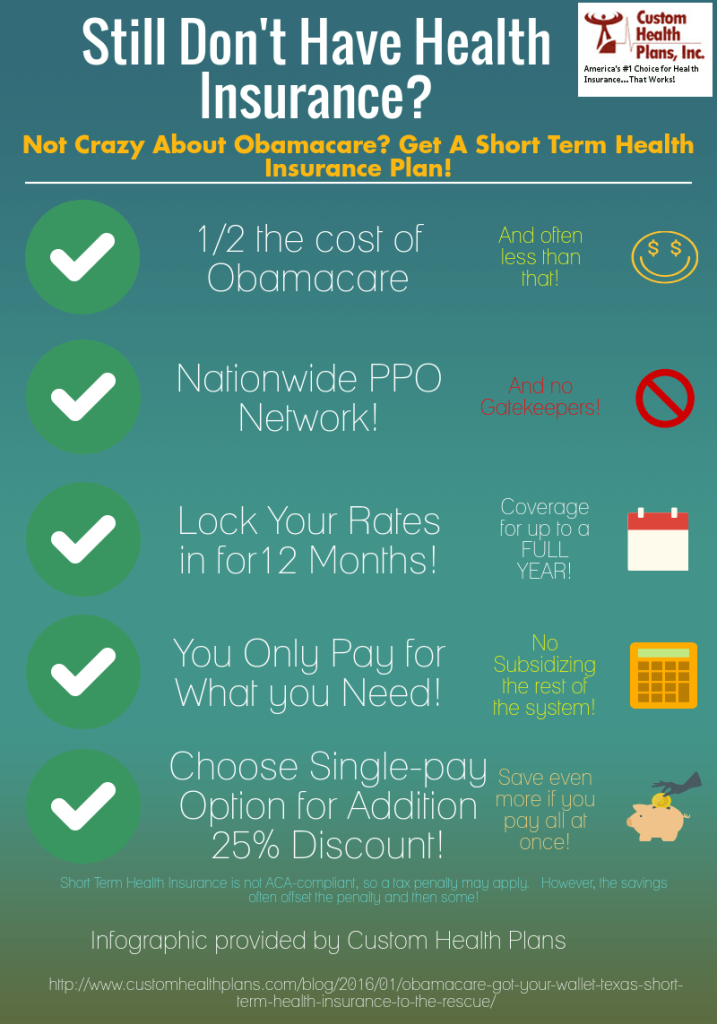Little Known Questions About Medicare/ Medicaid In Toccoa, Ga.
Little Known Questions About Medicare/ Medicaid In Toccoa, Ga.
Blog Article
A Biased View of Commercial Insurance In Toccoa, Ga
Table of ContentsGetting The Home Owners Insurance In Toccoa, Ga To WorkGet This Report on Final Expense In Toccoa, GaLittle Known Facts About Final Expense In Toccoa, Ga.Indicators on Life Insurance In Toccoa, Ga You Should Know

1 and 3. 2 (Medicare/ Medicaid in Toccoa, GA), for more information. New immigrants account for a substantial percentage of individuals without medical insurance. One analysis has actually connected a substantial portion of the current growth in the size of the united state uninsured population to immigrants that showed up in the nation in between 1994 and 1998 (Camarota and Edwards, 2000)
Medical insurance coverage is an essential aspect in a lot of designs that show accessibility to wellness treatment. The relationship between health insurance and access to care is well developed, as recorded later on in this chapter. Although the relationship between medical insurance and wellness results is neither direct nor easy, an extensive medical and health and wellness solutions research study literary works links medical insurance coverage to enhanced access to care, much better high quality, and boosted personal and population wellness status.
The Buzz on Affordable Care Act (Aca) In Toccoa, Ga
The troubles dealt with by the underinsured are in some areas similar to those dealt with by the uninsured, although they are generally much less serious. Uninsurance and underinsurance, however, include definitely various policy concerns, and the methods for addressing them might vary. Throughout this research study and the 5 reports to comply with, the major focus is on individuals with no wellness insurance and therefore no assistance in spending for health treatment past what is offered with charity and safeguard organizations.

Medical insurance is an effective aspect affecting invoice of care since both patients and medical professionals reply to the out-of-pocket rate of services. Medical insurance, nonetheless, is neither required neither sufficient to access to clinical solutions. The independent and straight effect of wellness insurance coverage on accessibility to health services is well developed.
Others will acquire the healthcare they need even without medical insurance, by spending for it expense or seeking it from carriers who use care totally free or at very subsidized rates - Final Expense in Toccoa, GA. For still others, medical insurance alone does not guarantee invoice of care as a result of various other nonfinancial barriers, such as a lack of health and wellness care carriers in their area, limited access to transportation, illiteracy, or etymological and cultural differences
Affordable Care Act (Aca) In Toccoa, Ga Fundamentals Explained
Formal study regarding without insurance populaces in the United States dates to the late 1920s and early 1930s when the Committee on the Expense of Treatment generated a collection of records concerning financing doctor workplace sees and hospital stays. This problem ended up being prominent as the varieties of clinically indigent climbed up throughout the Great Depression.
Empirical studies constantly support the web link in between access to care and boosted health results (Bindman et al., 1995; Starfield, 1995). Having a normal resource of care can be considered a predictor of accessibility, instead than a direct procedure of it, when wellness outcomes are themselves utilized as gain access to indications.
A Biased View of Commercial Insurance In Toccoa, Ga

Emergency situation departments are depicted as a pricey and improper site of key treatment solutions, lots of uninsured patients seek care in emergency departments since they are sent there by various other health care service providers or have nowhere else to go. The chapter also presents information about the risk of being or ending up being without insurance: How does the possibility of being without insurance change depending on chosen attributes, such as racial and ethnic identity, rural or metropolitan residency, and age? What are the possibilities for certain populaces, such as racial and ethnic minorities, rural residents, and older working-age individuals, of being without insurance?
Report this page